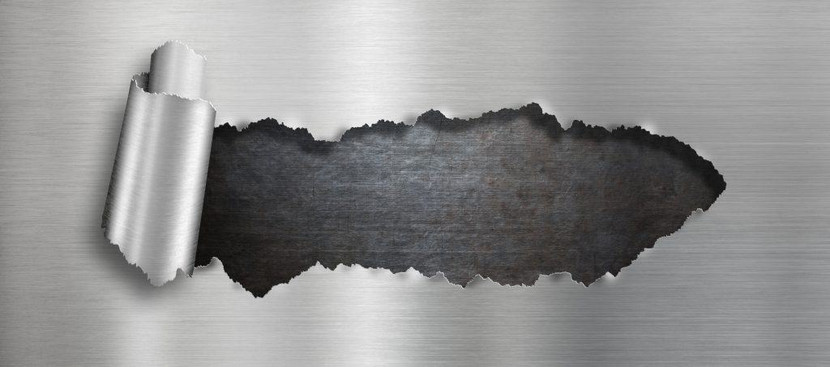The sensible answer is yes, he should be able to feel this because the sensation should change. Their partner is less likely to feel the difference. It can be a good idea to make a visual check on the condom during intercourse but this is easy to say and less easy to do in practice – after all, there are better things to be getting on with!
How can you reduce the chances of a condom breaking during sex?
Following some basic ground rules should help keep your condom intact during sexual intercourse. Here is some guidance:-
- Only buy condoms from a reputable source and preferably brands bearing the BSI Kitemark and the CE mark
- Store condoms sensibly away from heat or direct sunlight both of which can cause the latex to degrade over time
- Only use condoms within their sell-by date. Expiration dates are there for a reason and many people either don’t realise that condoms have a ‘best before’ marker or they just forget about checking the packet. Old, out of date condoms are one of the main causes of a breakage. The average shelf life for a condom is five years but this assumes they have been stored correctly
- Make sure the condom actually fits, it should feel snug. Don’t buy something too large (wishful thinking) or something too small (too embarrassed to buy extra-large fit)
- Open condom wrappers carefully, never open with your teeth or using fingernails or a sharp implement to tear the packaging
- Put the condom on carefully leaving that little space at the top and unrolling it slowly. It’s easy to make indecent haste at this point but it really is worth taking the time to get it right. Incorporate putting on the condom as part of the fun rather than something to be got through as quickly as possible. It is probably also easier if you put the light on…
- A classic error is to use two condoms in a misguided attempt to achieve super protective status – nothing could be further from the truth. One condom on top of another will cause friction and two condoms are actually more likely to break than one. This also applies to using a male and female condom at the same time
- Only use water-based lubricant with a latex condom. Oil-based products like Vaseline, body moisturiser, massage oils and even lipstick can weaken and start to dissolve the condom
- If you are worried, buy the ‘extra safe’ variety, contrary to popular opinion, these are not made out of recycled tractor tyes but actually usually come with just a bit more lubricant – lack of lube is one of the main reasons condoms break or rip
- It is important to use plenty of lube to help the condom glide more easily. If you want to increase sensation then rather than use less lube, try a ribbed or dotted condom along with plenty of lube
- Condom breakages or slippages are more common during anal than vaginal sex
What should you do if the condom tears or comes off?
First of all, retrieve the condom if it has disappeared. It could be caught up in the sheets or it could be lodged in either the anus or vagina. With a bit of fishing around, they are usually quite easy to retrieve – the main thing is not to tense up but to relax. If you really can’t get it out after two or three hours then some medical intervention may be necessary – don’t worry, they have seen it all before.
Whether it is clear the condom has come off or ripped or you are not sure, the protocol should be the same. This also applies even if the man has not ejaculated as pre-ejaculation juice also contains live sperm.
The two main considerations are unwanted pregnancies and STIs. Unplanned pregnancies can be dealt with by using emergency contraception, either the morning after pill or the IUD or coil device. There is a maximum time window of 72 hours after unprotected sex but generally, the sooner you take the emergency pill the better.
For STIs, you will need immediate testing with follow up tests anywhere between four and twelve weeks later.



